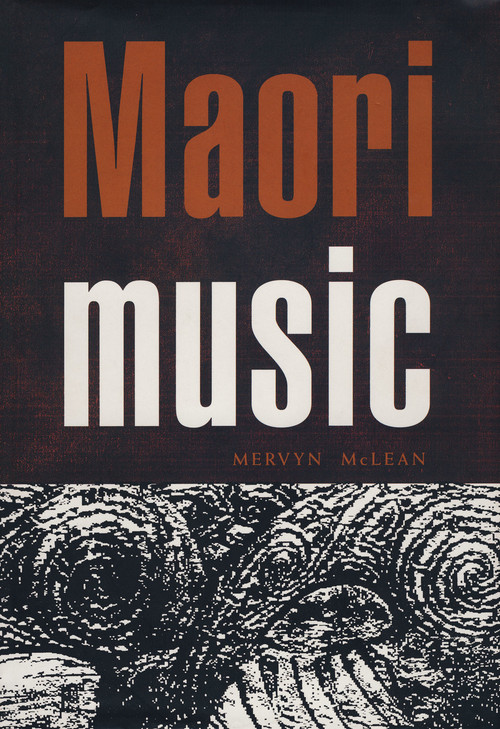
Tauira: Māori Methods of Learning and Teaching
Joan Metge
What it was like growing up in Māori rural communities in the mid-twentieth century? Voices from the past answer this question in the pages of this book.
In te reo Māori, ‘tauira’ means both student and teacher. In the book Tauira, acclaimed educator and anthropologist Joan Metge introduces readers to Māori methods of teaching and learning that are rich in lessons for us all.
Based on extensive interviews, this book offers a window on a mid-twentieth-century rural Māori world as described by those who grew up there. Metge’s work tackles important questions about Māori teaching and learning of this period: What was the role of whānau and hapū, household and marae, kaumatua and siblings, work and play? How much learning was practical and how much by teaching?
Metge shows that Māori ways of learning flourished alongside the school system – especially in rural Northland, the Bay of Plenty and on the East Cape – and that those educational practices had a particular form and philosophy. Māori focused on learning by doing, teaching in context, learning in a group, memorising, and advancement when ready. Parents, grandparents and community leaders imparted cultural knowledge as well as practical skills to the younger generation through daily life and storytelling, in whānau and community activities. In preserving this evidence and these voices from the past, this important book also offers much inspiration for the future.
Author
More about Joan Metge
Extract
Read an extract here
Reviews
This book gives a unique insight into the education experience of Maori in the mid-20th century, a generation that experienced great upheavals that continue to affect Maori to this day. Many of the stories give a valuable context to the current experience of Maori in the education system. - Aaron Smale, Mana
Tauira offers a window on a mid-twentieth-century rural Maori world as described by those who grew up there. – Spasifik
By producing this book, Metge offers a strong counter to the deficit theorizing and misjudgement that characterized educational decision-making and practice in the 1980s, the legacy of which is still felt today. She has also given us a gift, filled with the richness of sentimental and sincere voices from Mäoridom’s past and present, and in the true spirit of giving (as defined so eloquently by Haare Williams), I hope that the aroha in the book may just slip quietly into our future too. - Meegan Hall, AlterNative: An International Journal of Indigenous Peoples




